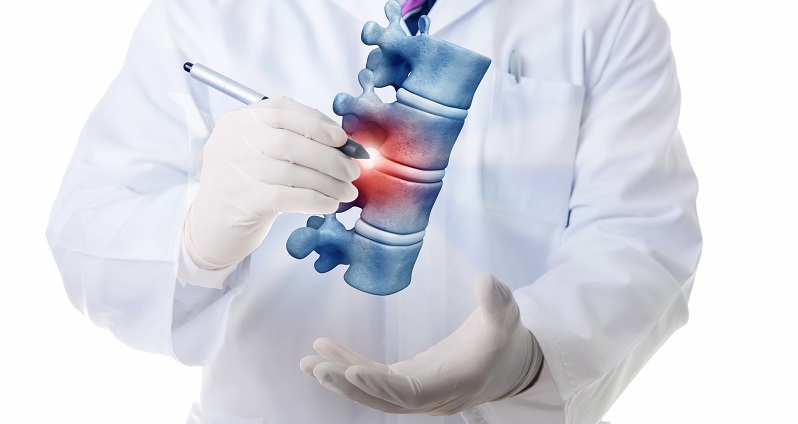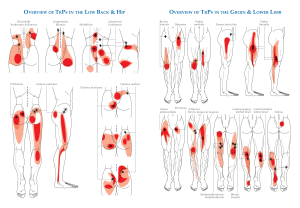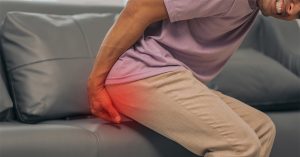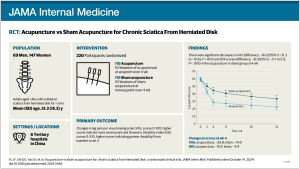What Causes Spinal Discs To Break Down?

Category: | Author:
Spinal disc degeneration is becoming a more common problem all across Minnesota and the US. Worn and damaged discs can compromise your spinal stability and make everyday tasks a pain, but why are more people showing up to spine specialists with evidence of spinal disc degeneration? In today’s blog, we take a closer look at some of the most common causes of spinal disc degeneration to shine a light on why the issue continues to become more prevalent.
Why Spinal Discs Break Down
Spinal discs can break down for a number of different reasons, and oftentimes there is not one specific reason why a spinal disc becomes damaged. Typically one or more of the following factors serve to weaken a spinal disc over an extended period. Here’s a look at some of the causes of spinal disc breakdown.
- Natural Wear And Tear – We expose our spine to stress each and every day, and while physical activity and normal stress helps to keep our bodies strong, it also leads to gradual wear and tear on our spinal discs. Losing some disc height over the years is completely normal, and age-related degeneration isn’t exactly easy to prevent because we can’t stop time. That said, if you pursue physical activities that help to strengthen your spine, you can take some stress off these discs and slow down the natural degeneration process.
- Obesity – Obesity is another common cause of spinal disc breakdown, and it should come as no surprise that as obesity rates have risen, so too have cases of spinal disc degeneration. When you’re heavier, your spine naturally absorbs more stress during normal movements. Over time, this extra stress speeds up the natural degeneration process. Working towards a healthy weight can help to reduce your risk of spinal disc issues.
- Acute Trauma – Discs can also be injured during a moment of intense stress. When your spine is exposed to more stress than it can handle, oftentimes it is the disc that ends up worse for the wear. If you fall hard on your back or you try to lift more than you can comfortably handle, you can overload a disc and cause some minor or major damage. If your discs are weakened as a result of other factors on this list, it may take less acute trauma to cause a disc injury.
- Poor Posture – Poor posture is another common contributing factor to disc breakdown. When your spine is out of alignment, the discs at the end of our spine have to handle more stress. Bad posture usually leads to more stress on the discs in our neck or lower spine, and it can serve to speed up disc degeneration and breakdown. The rise of smartphone use has certainly played a role in posture-related spinal issues.
- Smoking – Frequent alcohol and tobacco use can serve to decrease healthy blood circulation to key spinal structures. When these areas can’t get the nutrient-rich blood they need to function, they can break down faster. Kick these habits to help protect the integrity of your spine in the long term.
- Genetic Predisposition – Finally, some people have a genetic predisposition to disc issues and advanced degeneration. This doesn’t mean that you are doomed to deal with disc problems at an early age, but if you are aware that you may have a heightened risk, you should take additional steps to help improve the health of your spine. Learn about your family history and take some proactive steps if you have an increased risk of disc issues or another health condition.
If you need help overcoming a disc problem, look no further than Dr. Sinicropi and the team at The Midwest Spine & Brain Institute. We’ve helped countless patients put their disc pain behind them, and we can do the same for you. For more information, or for help with a different spine condition, give our team a call today at (651) 430-3800.
Related




